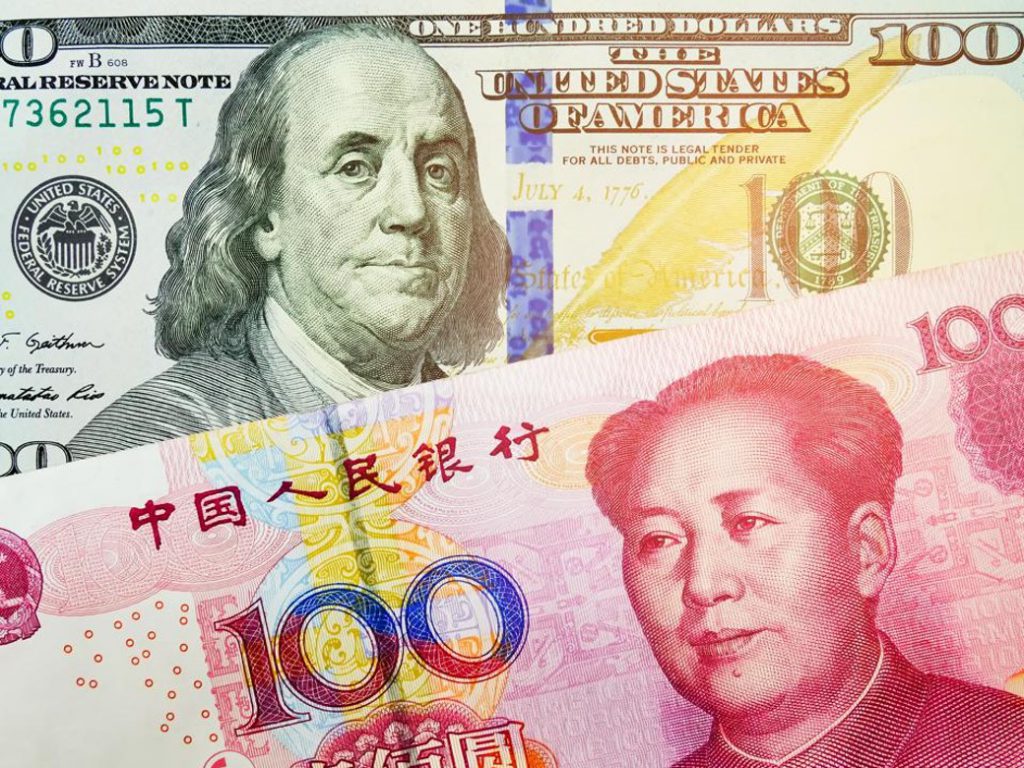In coordination with the BRICS de-dollarization efforts, China has unveiled a Blockchain infrastructure project to further end the US Dollar in its ongoing trade relations. Indeed, the ambitious project is set to enhance the ongoing Belt and Road trade initiatives through technology.
Despite the country’s crypto ban, the BRICS alliance has embraced digital assets throughout this year. China has seen tremendous success with its digital yuan and is committed to growing the prevalence of the currency in its ongoing trade relations. Ultimately, the move should provide further blockchain exposure to the bloc and de-dollarization facets of global finance.


Also Read: After BRICS, 3 New Countries Ready To Launch Own Currency
China Announces Blockchain Project for Belt and Road Initiative as it Further Abandons US Dollar in Trade
Throughout the last several years, the BRICS economic alliance has been committed to de-dollarization. It has seen its trade relations embrace local currency usage, with growing concern over potential Western sanctions and the viability of faith in the greenback’s fragile state.
Now, that could be further exemplified through recent action. Indeed, the BRICS strategy has led China to unveil a new Blockchain project to end the US dollar in its trade relations. Specifically, the country is set to implement blockchain technology in its Belt and Road initiatives.
The Shanghai Tree Map Blockchain Research Institute announced the project through its WeChat account. Furthermore, the noted collaborative support from a host of institutions. Among them are Shanghai Jiao Tong University, Fudan University, Shanghai Maritime University, and the China Academy of Information and Communications Technology.


Also Read: 3 U.S. Sectors To Be Affected If BRICS Ditches the Dollar
The project is seeking to approach the Belt and Road initiatives demanding requirements through a transnational blockchain infrastructure. Moreover, its implementation should enable the blockchain project to work among a plethora of countries that participate. This would ultimately allow cooperation in oversight from stakeholders
The development is yet another aspect of China’s commitment to blockchain on a global scale. Although they still ban the trade and ownership of cryptocurrency, they have embraced its potential in global finance. That belief has extended to the entirety of the BRICS bloc.
With the announcement of a BRICS blockchain-based payment system, many predict that the developing BRICS native currency may be a digital asset. Indeed, the continued work on China’s transnational blockchain trade project could aid that goal.





